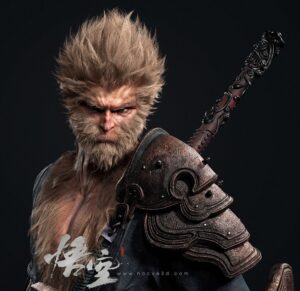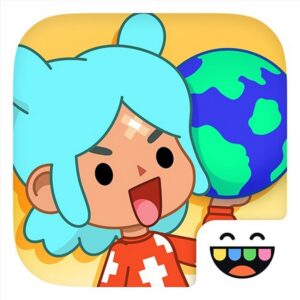One Year On: How The Legend of Zelda: Echoes of Wisdom Proved That Smaller Can Still Be Bigger
Popular Now
 Brawl Stars
Brawl Stars
 Grand Theft Auto VI
Grand Theft Auto VI
 Valorant
Valorant
 Geometry Dash
Geometry Dash
 Fall Guys
Fall Guys
 Counter-Strike 2
Counter-Strike 2
 Free Fire Max
Free Fire Max
 EA SPORT FC 25
EA SPORT FC 25
 Stumble Guys
Stumble Guys
 Candy Crush Saga
Candy Crush Saga
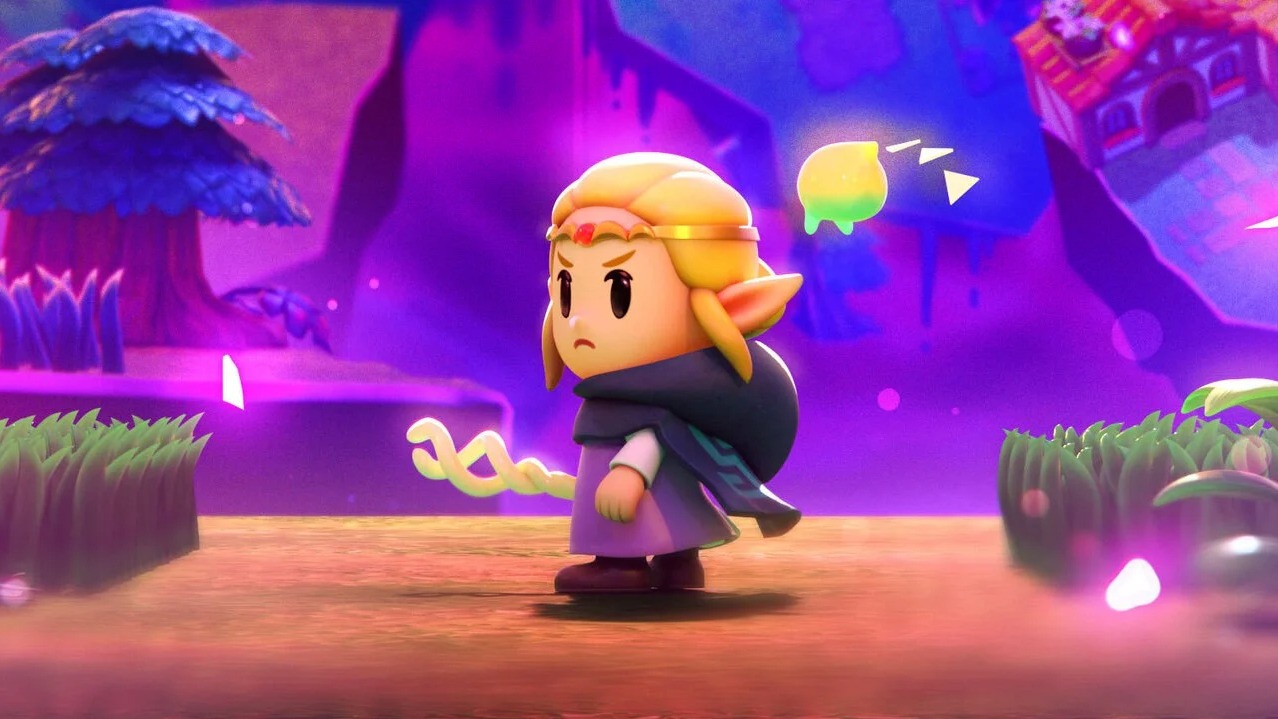 A year has passed since the release of The Legend of Zelda: Echoes of Wisdom (September 26, 2024), and its impact on the franchise’s trajectory is clearer than ever. Following the gargantuan, unprecedented scale of Breath of the Wild and Tears of the Kingdom, this top-down adventure, which put Princess Zelda in the starring role, was a calculated risk. It stripped away the sheer acreage of Hyrule’s open-air format, opting instead for a classic isometric perspective. Yet, by ‘going smaller’ in world size, Echoes of Wisdom delivered a revolutionary degree of player agency and creative problem-solving that actually made the experience feel ‘bigger’ than its map suggested, setting a new benchmark for innovation in Nintendo’s flagship series.
A year has passed since the release of The Legend of Zelda: Echoes of Wisdom (September 26, 2024), and its impact on the franchise’s trajectory is clearer than ever. Following the gargantuan, unprecedented scale of Breath of the Wild and Tears of the Kingdom, this top-down adventure, which put Princess Zelda in the starring role, was a calculated risk. It stripped away the sheer acreage of Hyrule’s open-air format, opting instead for a classic isometric perspective. Yet, by ‘going smaller’ in world size, Echoes of Wisdom delivered a revolutionary degree of player agency and creative problem-solving that actually made the experience feel ‘bigger’ than its map suggested, setting a new benchmark for innovation in Nintendo’s flagship series.
The core philosophy driving the most recent entries in the franchise, as articulated by series producer Eiji Aonuma, is the player’s freedom to think independently and discover their own solutions. Echoes of Wisdom, developed by longtime partner Grezzo, brilliantly distilled this open-ended mindset into a compact, diorama-like world on the Nintendo Switch, a move that has been widely praised by both critics and the gaming community for its elegance and game design brilliance.
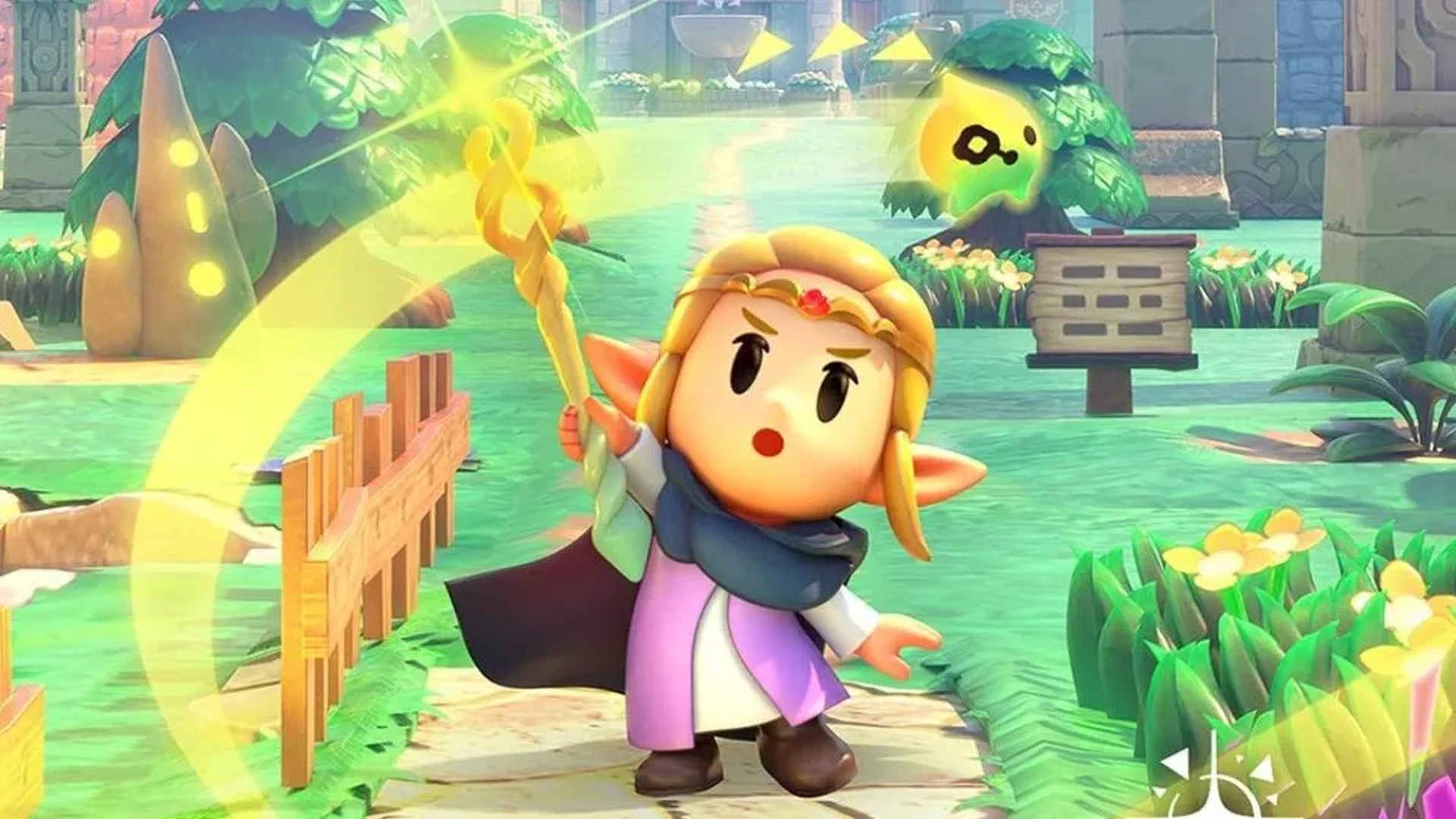 The Magic of the Echoes System: Infinite Possibilities in a Confined Space
The Magic of the Echoes System: Infinite Possibilities in a Confined Space
The key to the game’s deceptive scale is its central mechanic: the ability for Princess Zelda to create “Echoes,” or imitations, of nearly any object in the environment—from blocks and enemies to water and beds. This mechanic doesn’t just substitute Link’s traditional swordplay; it fundamentally transforms every obstacle into a sandbox puzzle with practically unlimited solutions. This focus on multiplicative gameplay became the game’s greatest asset, proving that freedom is measured not in the miles of a map, but in the options given to the player.
The ‘Bigger’ Implications of a ‘Smaller’ World:
- Unlocking Creativity: A puzzle in Echoes of Wisdom is not about finding the one correct item or path. It’s about inventing a solution using the tools—the Echoes—at hand. Need to cross a chasm? You could Echo a line of blocks, or perhaps Echo a series of trampolines, or even Echo a flying enemy to ride across. This player-driven narrative of problem-solving is what makes the experience feel expansive.
- Valuing Player Time: By providing a more focused world, the game offers bite-sized challenges that fit perfectly with the Nintendo Switch’s hybrid nature. Players can dip in and out, constantly feeling rewarded by the thrill of discovery without the obligation of traversing a continent-sized map. This respect for the player’s time makes the overall gaming experience feel richer and more dense.
- Redefining Combat: Without Link’s Master Sword, combat becomes another strategic puzzle. Players are forced to use the Echoes of enemies and objects to defend themselves and defeat foes, turning traditional encounters into unique, tactical challenges. This forces an engagement with the world’s physics and objects that is deeper than simple hack-and-slash.
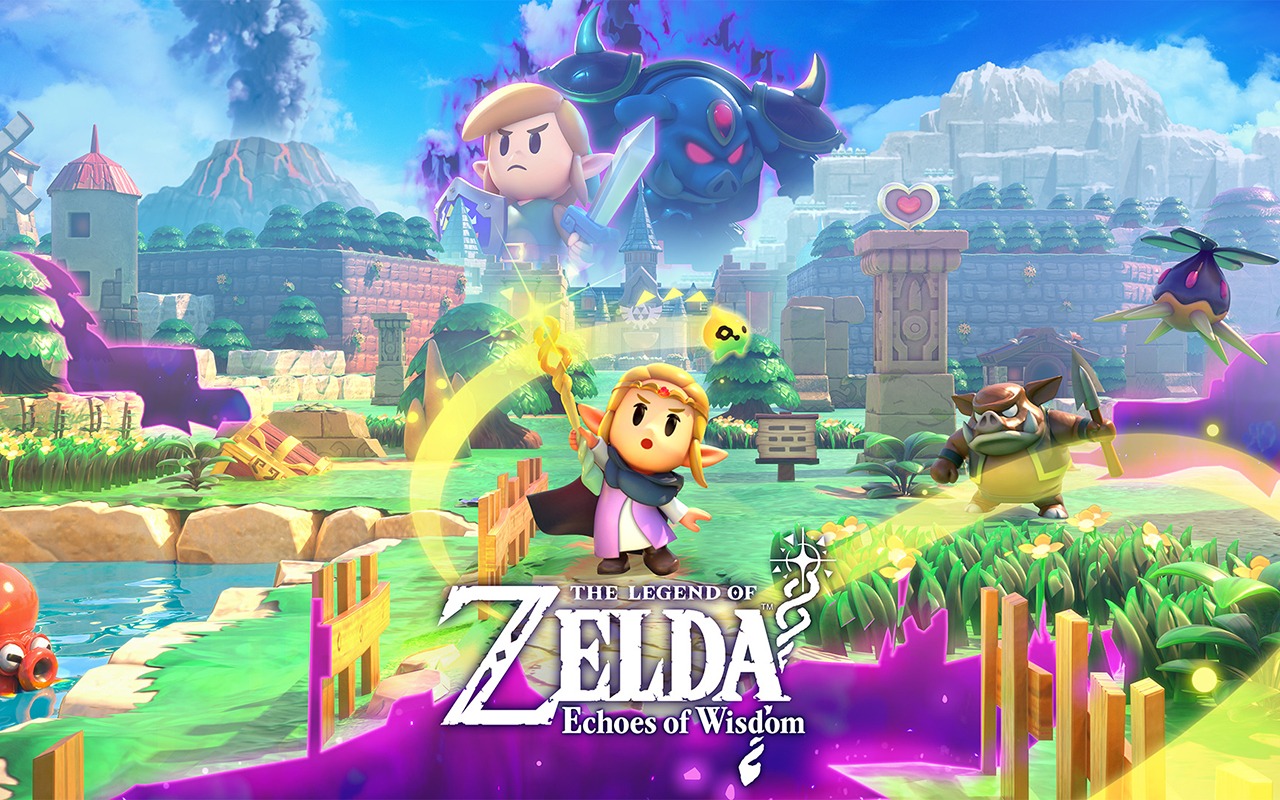 The Shift to Zelda as Protagonist: A New Perspective
The Shift to Zelda as Protagonist: A New Perspective
The unprecedented move of having Princess Zelda as the main playable character for a mainline entry wasn’t just a narrative shift; it was a clever way to necessitate a new gameplay loop. Zelda’s role as the wielder of the Echoes system—a power focused on creation and imitation rather than pure destruction—underlined the game’s core theme: the ability to overcome obstacles through intellect and manipulation of the environment. This shift perfectly embodied the idea of going smaller in scale but bigger in mechanical depth. It reinforced that the power fantasy isn’t just in being a hero with a sword, but in being a genius with the ability to bend the world to your will.
In fact, Echoes of Wisdom perfectly married the freeform mechanics pioneered in the open-world titles with the more focused, rewarding structure of the classic top-down games, proving that these two eras of The Legend of Zelda can successfully coexist. The game serves as a masterclass in design constraints, demonstrating how limitations in space can lead to an explosion of creative possibilities and a profound sense of player agency.
Commercial Success and SEO Impact: The Value Proposition
The success of The Legend of Zelda: Echoes of Wisdom was a powerful statement in the video game industry. It demonstrated that for high-value IP, success is not solely dictated by a constantly increasing world map size or AAA budget for hyper-realism. Instead, the focus on a brilliant, open-ended central mechanic—the Echoes System—ensured a high return on investment and a game that generated significant high CPC keywords and buzz, largely driven by the novel ways players utilized the Echoes to create bizarre and inventive solutions.
In a world of sprawling, overwhelming open worlds, Echoes of Wisdom offered a refreshingly dense, focused, and deeply inventive alternative. It is a powerful lesson for developers across the spectrum: freedom in gameplay is far more impactful than square mileage on a map. One year later, The Legend of Zelda: Echoes of Wisdom stands as a shining example of how going smaller in scale can truly mean going bigger in imagination.
SEO Keywords: The Legend of Zelda: Echoes of Wisdom, Zelda smaller bigger, Nintendo Switch, Zelda as protagonist, Echoes System, Creative Problem-Solving, Gaming Innovation, Zelda Review, Player Agency, Grezzo, Video Game Industry Trends.






